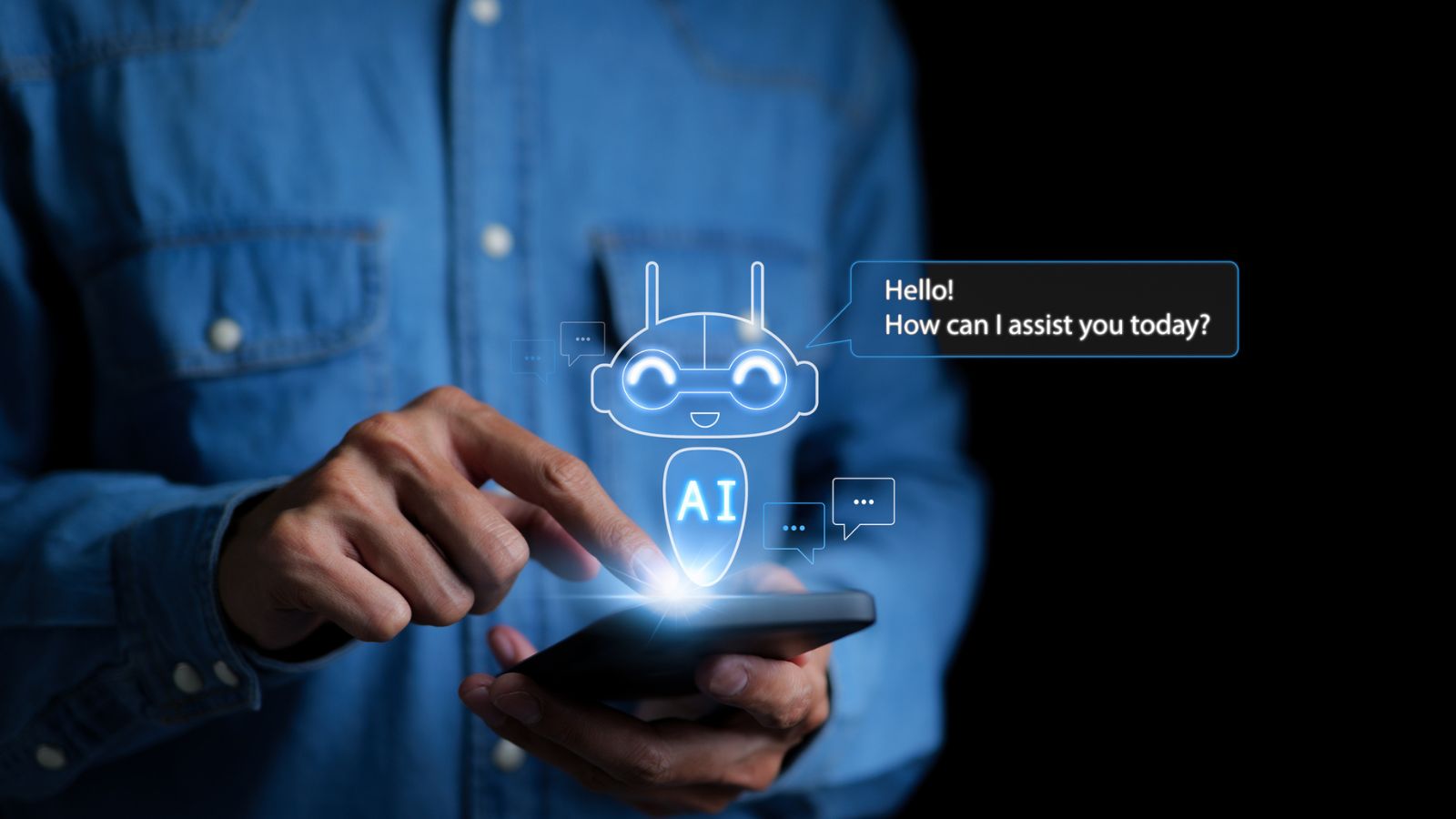As Artificial Intelligence (AI) continues to evolve, new branches and specializations emerge. One such development that's gained momentum recently is Semantic AI, also known as Semantic Intelligence. A blend of Natural Language Processing (NLP), machine learning, and semantic technology, Semantic AI seeks to understand the meaning and context behind human language, making AI systems more intuitive, accurate, and valuable.
Semantic AI: Breaking Down the Concept
Traditionally, AI systems process data in a very mechanical way - they understand numbers and codes but fail to grasp the meaning of human language. Semantic AI aims to change this.
Semantic AI is all about understanding the meaning and context of words in human language. It goes beyond just processing language on a syntax level; it strives to understand semantics, or the meaning of language as humans understand it. This involves understanding the various nuances, ambiguities, and even emotions conveyed through language.
Why Semantic AI Matters
The importance of Semantic AI lies in its potential to make human-AI interactions more natural, intuitive, and productive. Here's why it's gaining attention:
- Improved Understanding: By understanding context and semantics, AI can better interpret human language, making it more useful in applications like virtual assistants, chatbots, and customer service.
- Contextual Analysis: Semantic AI can understand the context behind queries, making search results more accurate and relevant.
- Sentiment Analysis: With Semantic AI, businesses can better understand customer sentiments from social media posts, reviews, and feedback, driving more customer-centric strategies.
- Automated Content Generation: Semantic AI can generate human-like text, aiding in tasks like content creation, report generation, and more.
Semantic AI in Action
The application of Semantic AI can already be seen in various fields. For instance, in customer service, Semantic AI enables chatbots to understand customer queries better, providing more accurate responses. In healthcare, it can help interpret patient symptoms described in natural language, aiding diagnosis and treatment.
As we stand on the brink of a new era in AI, the advent of Semantic AI marks a significant step towards more intuitive, natural interactions between humans and machines. It opens up a world of possibilities, promising to transform various sectors, from healthcare and customer service to marketing and beyond.
As always, stay tuned to our blog for more insights into the evolving world of AI. Should you have any queries or wish to explore how our data services can support your Semantic AI initiatives, feel free to get in touch with us.










